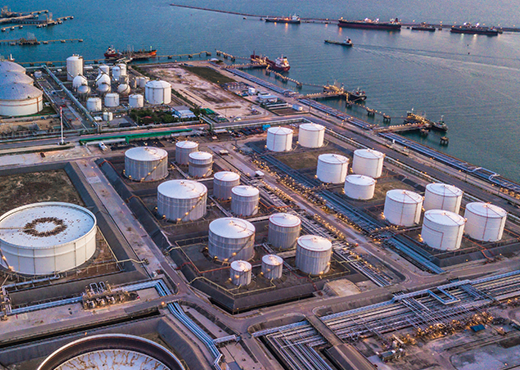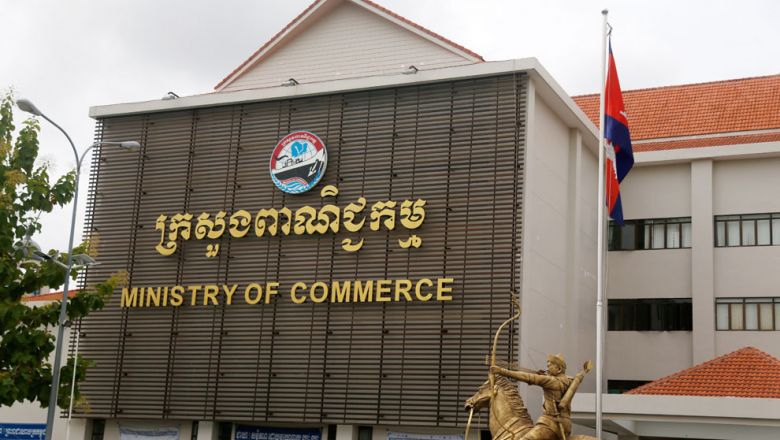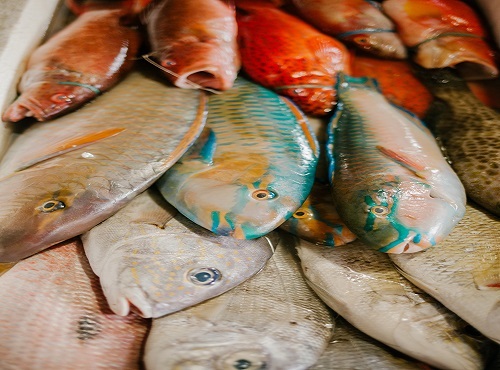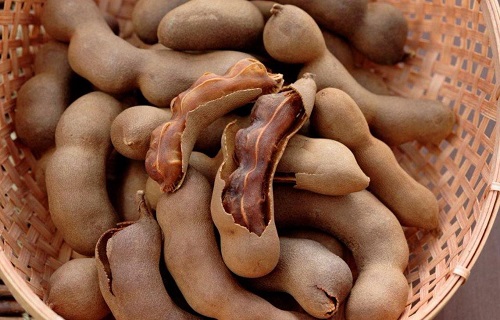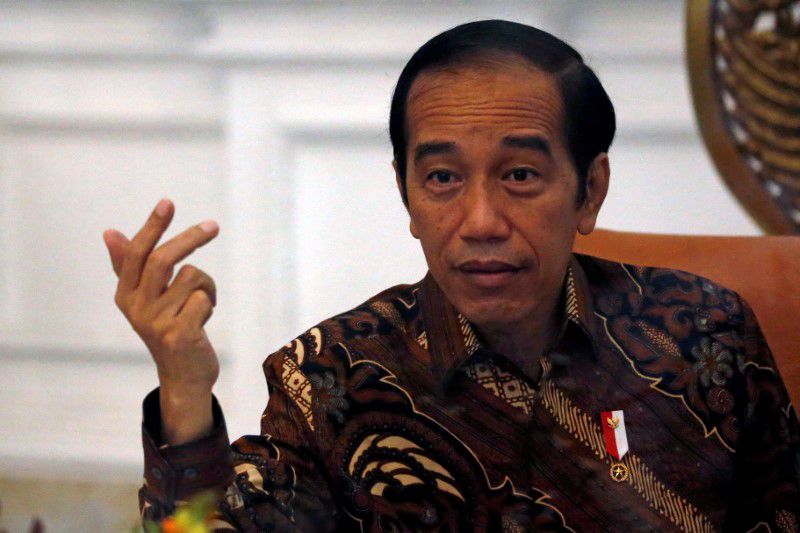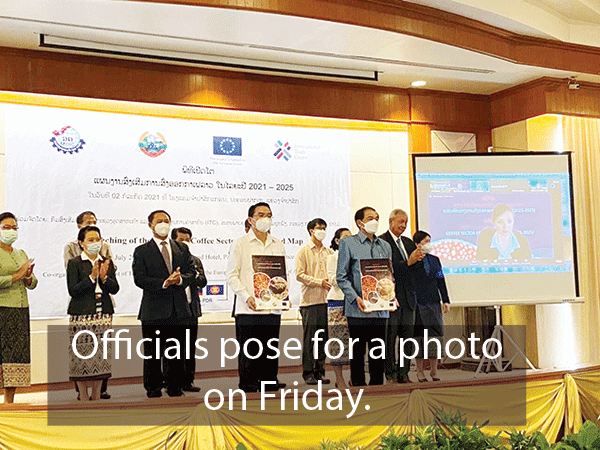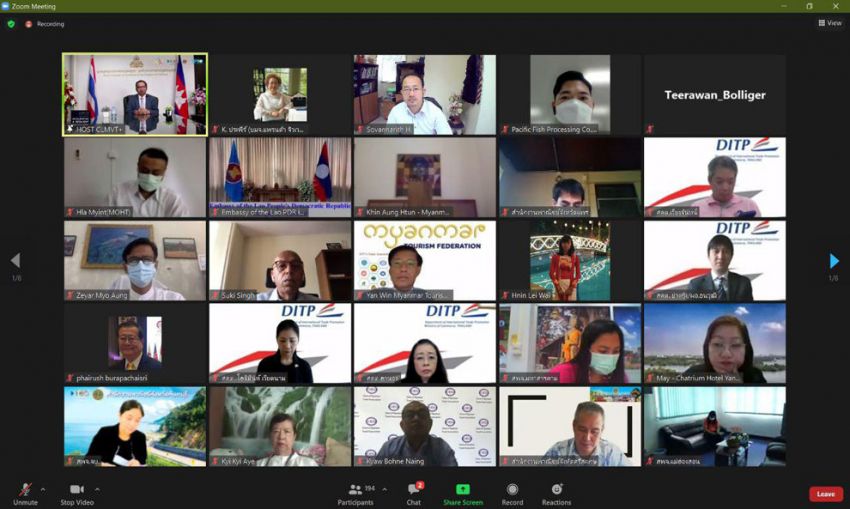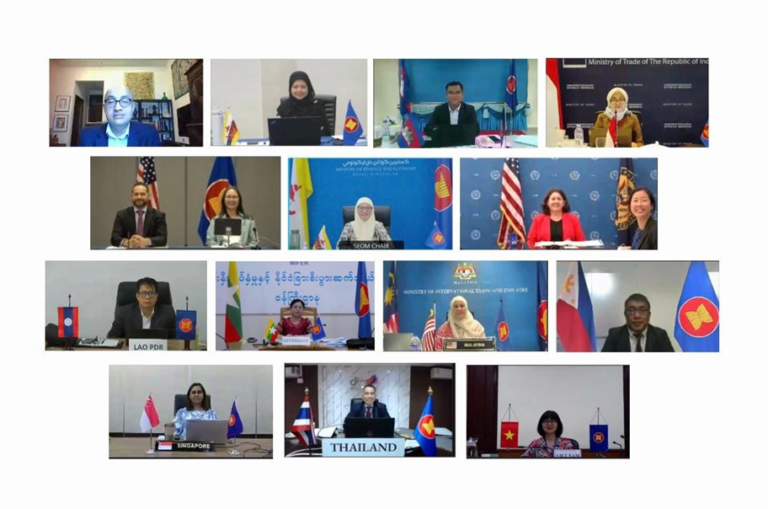EUROPEAN firms' sentiments about prospects in Asean have rebounded to pre-Covid levels, after having weakened somewhat last year, said the latest business sentiment survey by the EU-Asean Business Council (EU-ABC) has found.
For instance, 82 per cent of respondents expect to expand their levels of trade and investment in the region in the next five years, up from 73 per cent in 2020. The latest figure is close to the 2019 figure of 84 per cent.
The survey was conducted between April and July among 389 respondents across the 10 Asean member states, with the respondents coming from various services or manufacturing industries.
The share of respondents who see Asean as the world region offering the best economic opportunity rebounded to 63 per cent, up from 53 per cent in 2020 and comparable to 2019's figure.
Profit expectations have improved following 2020's low base: 63 per cent of respondents expect their Asean profits to grow year on year, up from 39 per cent in 2020, and 60 per cent in 2019.
However, two-thirds of respondents said they believed that Asean economic integration was progressing too slowly; only 2 per cent thought that the progress was fast enough.
A greater share of respondents also felt that non-tariff barriers to trade in Asean were increasing: 38 per cent, up from 27 per cent in 2020.
Over four-fifths of respondents said there are too many barriers to "the efficient use of supply chains" in the region, up from around three-fifths in 2020.
EU-ABC chairman Donald Kanak said: "This year's survey shows that European business confidence in Asean trade and investment opportunities has rebounded to 2019 levels, but it also highlights a strong perception that the region is falling short in reducing barriers to trade."
He noted that nearly nine in 10 respondents said they would increase their use of regional supply chains if trade was made easier. Nearly half the respondents said that they either had moved or were considering moving their Asean-based supply chains.
EU-ABC executive director Chris Humphrey said: "The fact that our respondents would use regional supply chains more if barriers to trade were reduced is a huge incentive for Asean to take faster and more concrete action on the elimination of non-tariff barriers. Unfortunately, our survey shows that European businesses do not perceive this happening."
On free-trade agreements (FTAs), nearly all respondents continued to wish that the EU would accelerate FTA negotiations with Asean and its members.
However, desire for immediately pursuing a region-to-region FTA has cooled. Just under half of respondents said the EU should pursue this now, down from 71 per cent in 2020.
There is somewhat more support for the idea of a region-to-region investment protection agreement, with 60 per cent of respondents believing that the EU should pursue this.
Source: The Business Times (Singapore)
Date: 1 September 2021
Reference: https://www.businesstimes.com.sg/asean-business/business-sentiment-among-european-firms-in-asean-rebounds-to-pre-covid-levels-survey


